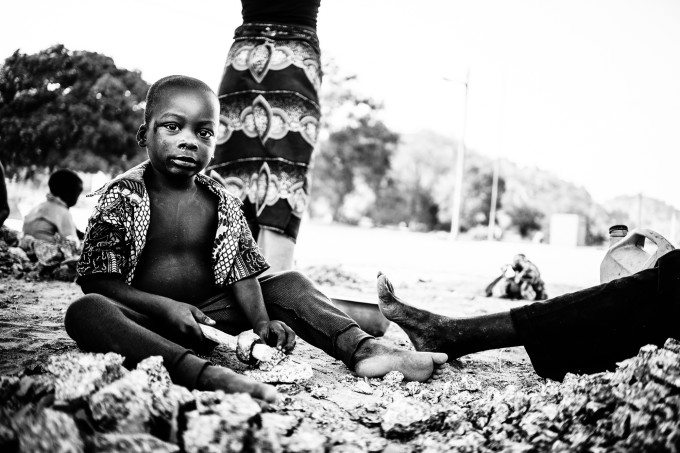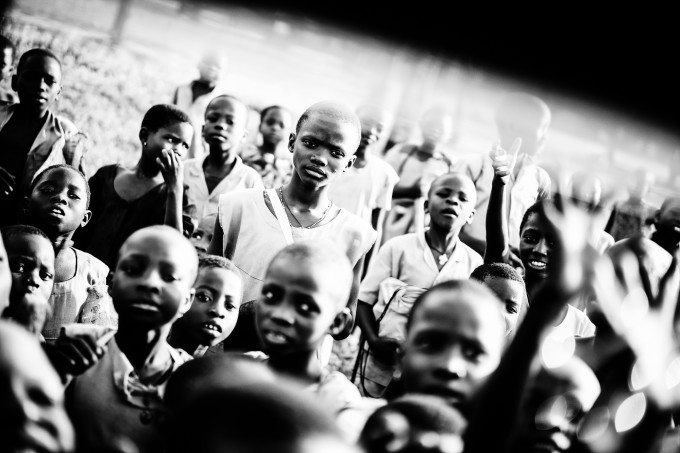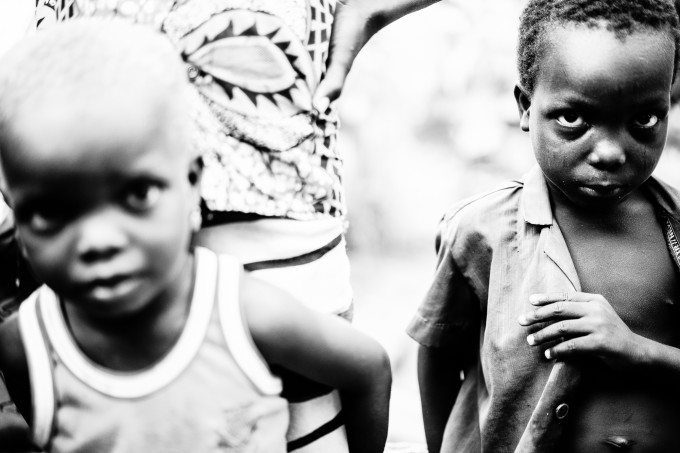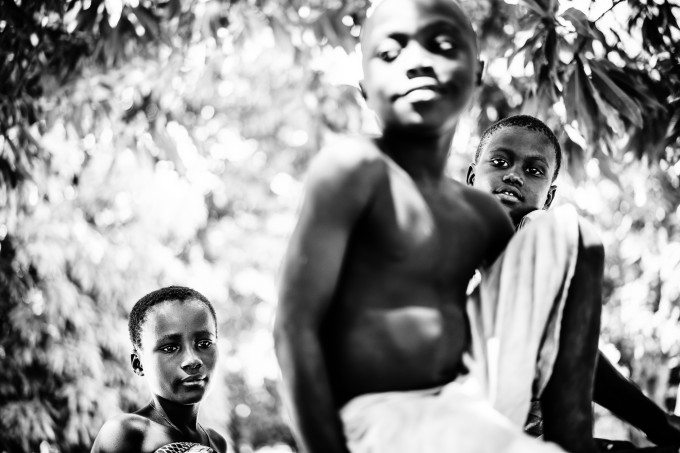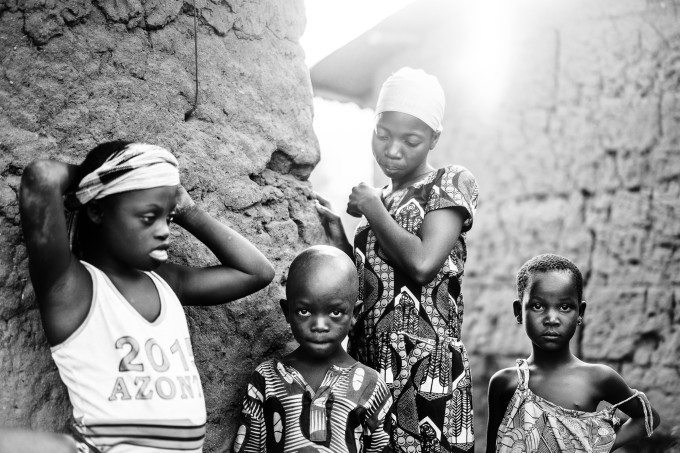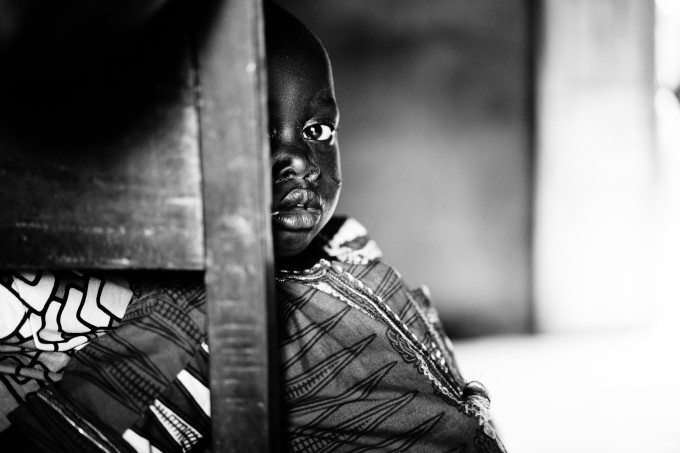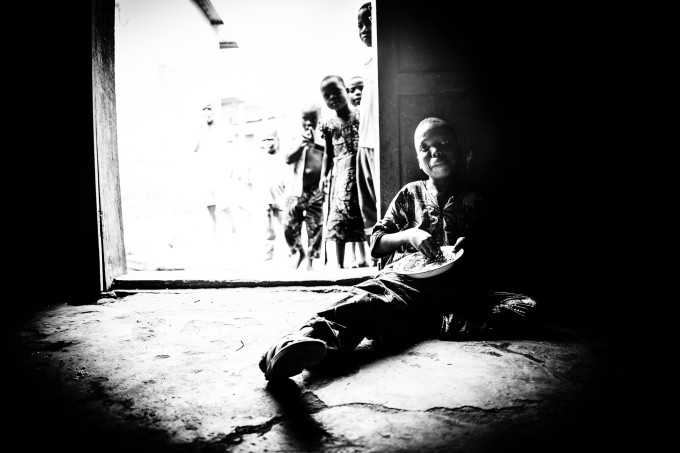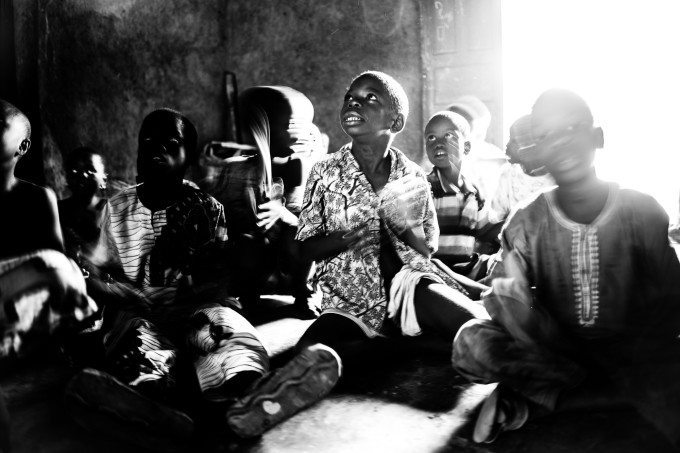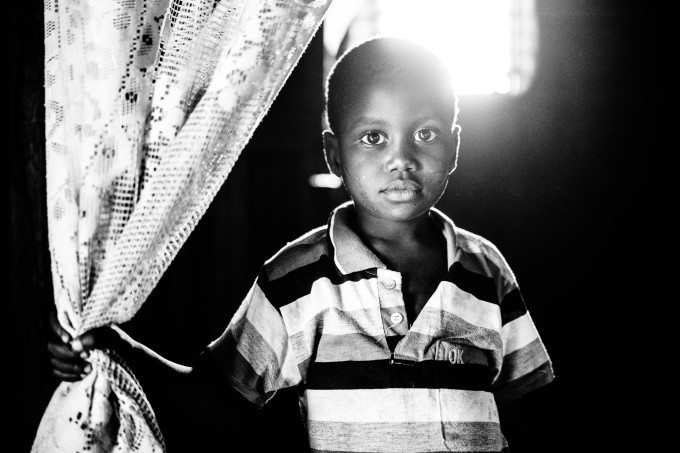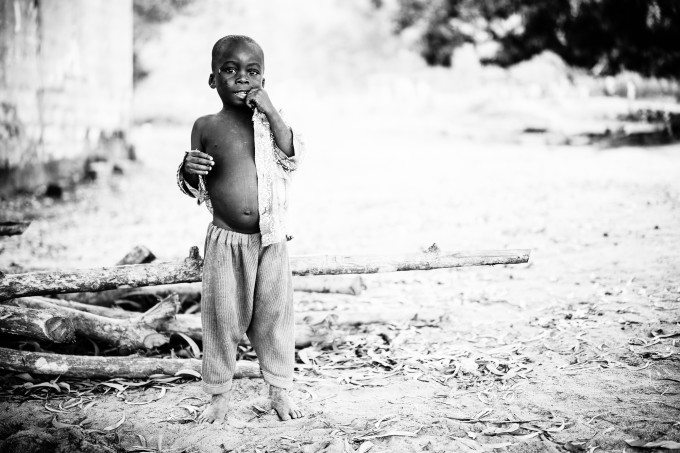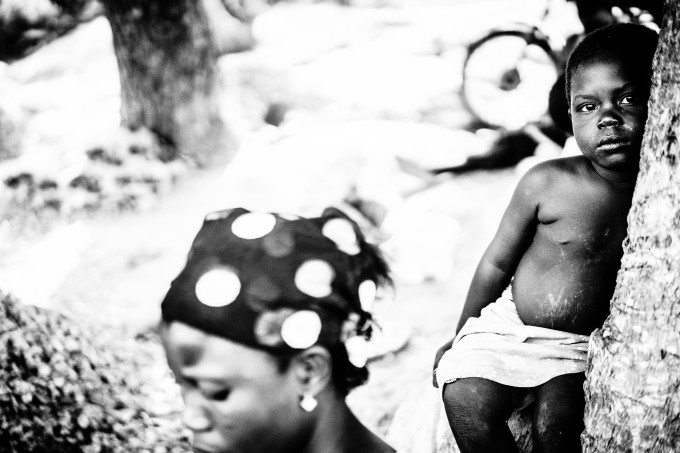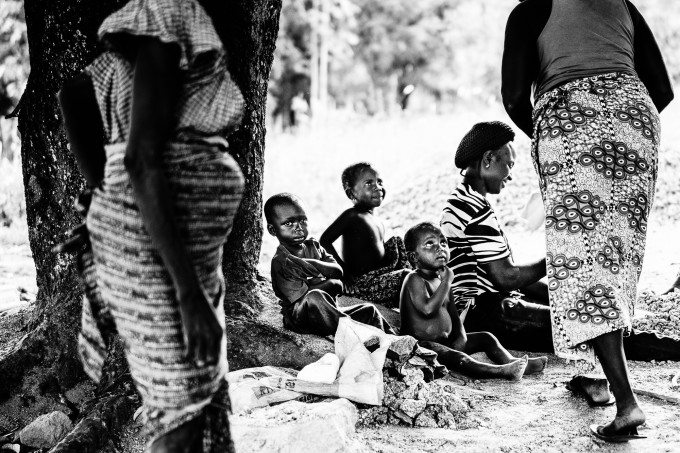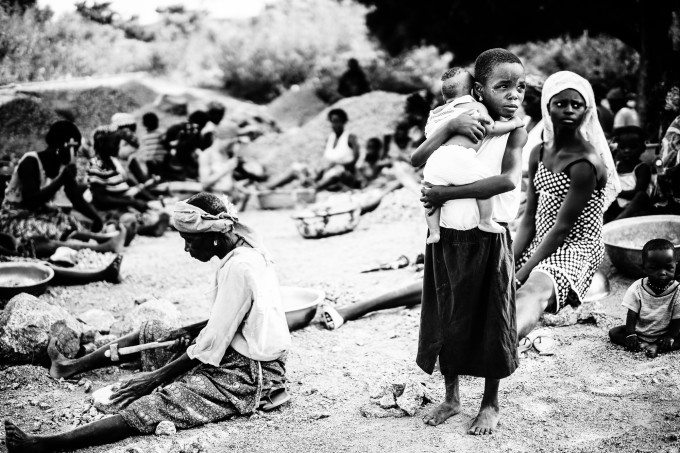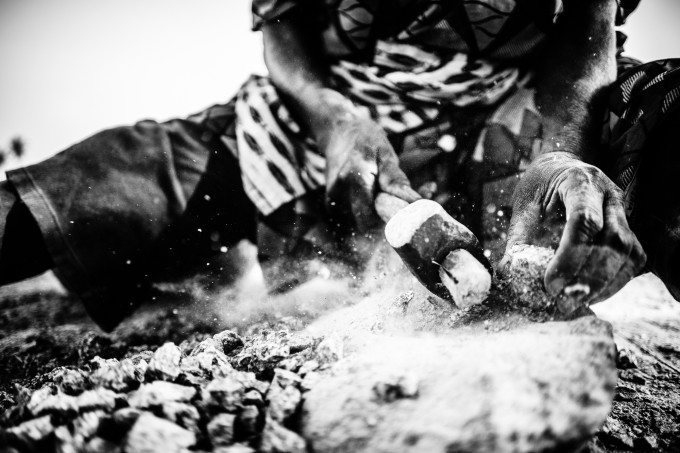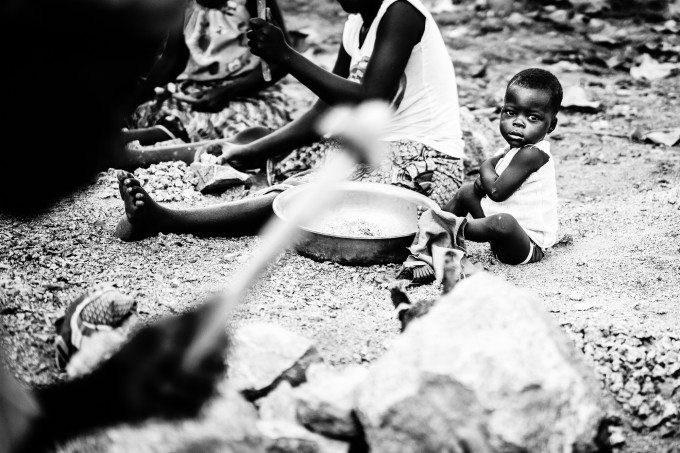All images by Nicola Maiani. Used with permission.
“I’m not interested in aesthetically beautiful images,” says photographer Nicola Maiani about his project called “Benin: Les Enfants Concasseurs.” Nicola travelled to Benin and witnessed very young children being used for child labor–a global problem that is more common than we think. He’s been taking photos for 10 years with an interest in photojournalism.
“…in 2015, more than 150 MILLION children forced to hard works which endanger their physical and mental health and excludes them a normal childhood and education.” Nicola says in his email to the Phoblographer talking about the project.
Phoblographer: Talk to us about how you got into photography.
Nicola: I started with photography about 10 years ago, just for fun. Then I discovered that I could do something more: try to tell a story by shooting what is around me. Photography, for me, means telling and telling myself a story.
Phoblographer: What got you into doing documentary projects?
Nicola: It was a natural path, almost a requirement. Trying to give a voice to those who don’t have one through the way I see it. It’s what I do best and what makes me who I am.
Phoblographer: So what made you want to do a project like this to begin with? Child labor is a big issue all over the world.
Nicola: I became aware of this situation through an humanity foundation that, in the Benin area, helps children by removing them from stone quarries and sending them to school. Child labor is a Global plague, but actually talking about small reality as that of “Concasseurs” in the Benin region, that we can try to do something.
Phoblographer: When you went to photograph the children at work, how did you gain the trust of the people to go ahead and take their pictures?
Nicola: With simplicity. Playing and interacting in the simplest way possible. Younger children were frightened by me and my camera, but slowly, talking with adults and by reviewing their shots, then I was able to catch them in a natural way, because they trusted me and they knew I was there only for a little while.
Phoblographer: So what are you doing with the project to try to get the word out about child labor?
Nicola: This project is brand new, I came back from Benin last November and I’m trying to publicize it as much as possible, both to raise awareness of this reality that to try any publishers interested to make a book, and be able to donate part of the incomes to help those childrens
Phoblographer: When you went around taking these pictures, did you feel any sort of moral and social responsibility to help them with your photography?
Nicola: Honestly, no.
When I’m on the road I do not think of anything but shooting and try to impress what I “feel” on the sensor. But at the time I try to remain as faithful as possible.
Phoblographer: Why the creative decision to make the images in black and white?
Nicola: It isn’t a creative decision, the colors were too vivid, beautiful. I’m not interested in aesthetically beautiful images, I try to give them a message and, in this case, the colors would distract too much from what I wanted to communicate.


